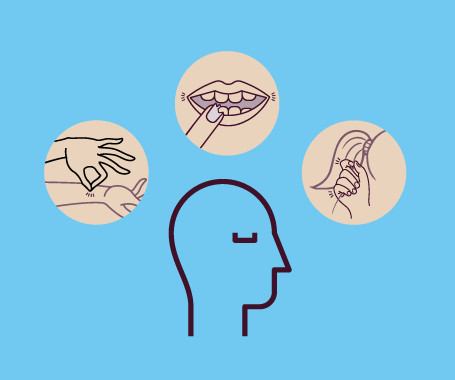How Do I Know If I Have An Eating Disorder?
MQ Mental Health
FEBRUARY 27, 2024
Eating disorders can be very serious mental illnesses with symptoms that can be distressing to those experiencing the disorder and those who care for them. But not all eating disorder symptoms are physical. You might deny the seriousness of your eating disorder and think others are making a fuss about nothing.













Let's personalize your content